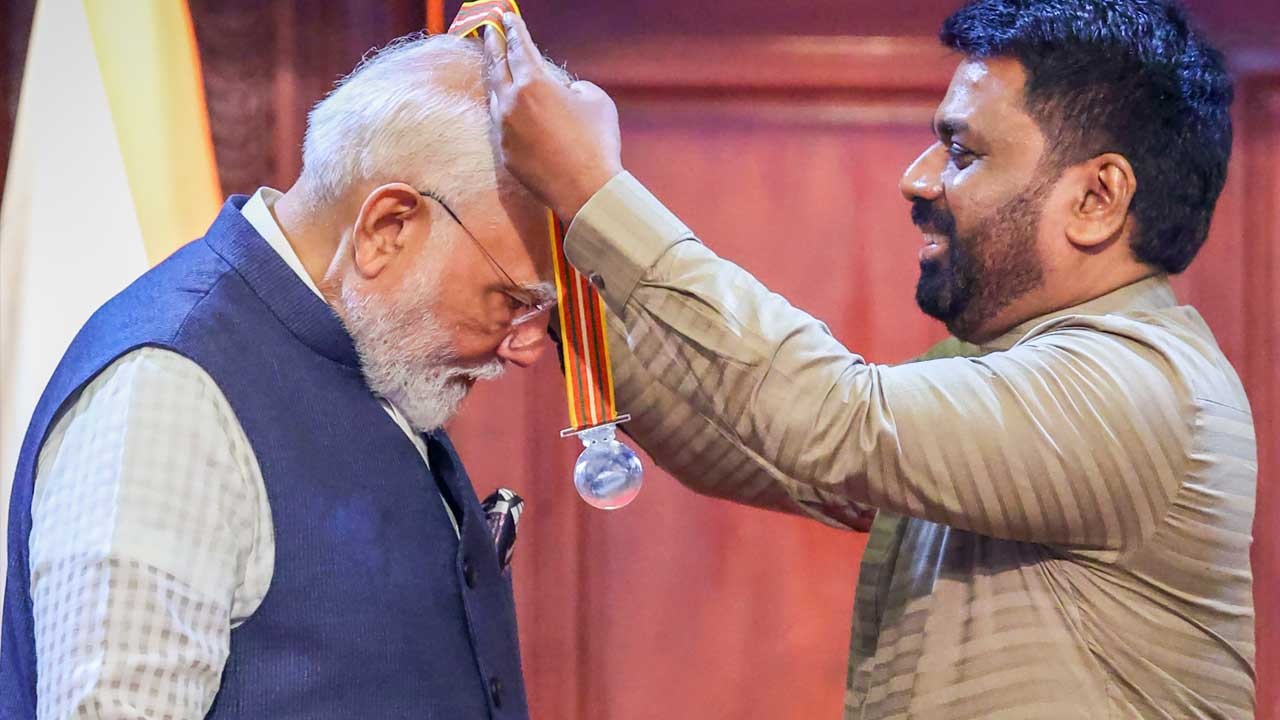National Commission for Protection of Child Rights (NCPCR)
Issue:
The National Commission for Protection of Child Rights (NCPCR) has expressed significant concerns regarding the functioning of madrassas. It has recommended halting state funding to these institutions unless they comply with the Right to Education (RTE) Act.
NCPCR :
-
The NCPCR is a statutory body in India, established in 2007 under the Commission for Protection of Child Rights Act, 2005.
-
It operates under the Union Ministry of Women and Child Development (WCD) with a mandate to ensure that all laws, policies, and programs align with the rights of children (aged 0 to 18) as outlined in the Indian Constitution and the UN Convention on the Rights of the Child (CRC). India became a signatory to the CRC in 1992, making it responsible for protecting children's rights as defined in the treaty.
The Commission adopts a rights-based approach to influence national, state, and local policies, ensuring:
- The well-being of children,
- Strong institutional frameworks,
- Respect for decentralization and community-level governance,
- Greater social responsibility toward children.
Functions and Responsibilities of the NCPCR
Functions:
- Review and evaluate existing child rights protections, recommending improvements for effective implementation.
- Report to the central government on the effectiveness of safeguards for child rights.
- Investigate child rights violations and suggest legal action where necessary.
- Promote research and raise awareness of child rights through various channels such as publications, media, and seminars.
- Inspect institutions where children reside or are detained, including juvenile homes, and recommend corrective measures.
- Investigate complaints or take suo motu action on issues related to child rights violations and inadequate implementation of child protection laws.
Responsibilities:
The NCPCR has been entrusted with several key mandates under Indian child protection laws:
- Under the Right to Education (RTE) Act 2009, the Commission is responsible for reviewing safeguards provided by the Act and recommending measures for their implementation.
- Under the Protection of Children from Sexual Offences (POCSO) Act 2012, the NCPCR monitors the appointment of Special Courts by state governments and ensures the formulation of appropriate guidelines.
- It also oversees Child Care Institutions (CCIs) under the Juvenile Justice Act 2015 and was directed by the Supreme Court to conduct social audits of these institutions.
NCPCR’s Recommendations on Madrassas
Allegations Against Madrassas:
- Although Articles 29 and 30 of the Indian Constitution safeguard minority rights, the NCPCR has raised concerns that children in madrassas are being denied access to quality education under the RTE Act.
- Additional concerns include the presence of potentially objectionable content in religious texts and the lack of qualified educators. Furthermore, madrassas are reportedly depriving students of benefits such as uniforms and midday meals, which are available in regular schools.
Key NCPCR Recommendations:
Following a High Court ruling that declared the UP Board of Madrasa Education Act unconstitutional for violating secularism and fundamental rights under Article 14, the NCPCR has made several recommendations:
- The closure of madrasa boards, citing lack of accountability and transparency.
- The withdrawal of state funding unless madrassas comply with the RTE Act.
- Removal of non-Muslim children from madrassas, arguing that their inclusion violates Article 28 of the Constitution, which prohibits religious instruction without parental consent. This recommendation was part of the NCPCR’s report titled "Guardians of Faith or Oppressors of Rights?".
Political Reactions:
Some opposition parties have criticized the NCPCR’s recommendations as politically motivated, expressing concerns that these proposals could foster societal divisions.
Way Forward
- The NCPCR’s recommendations bring to light important issues at the intersection of education, minority rights, and governance. As the debate evolves, a balanced approach is needed to ensure that all children receive quality education while respecting cultural diversity.
- The NCPCR has emphasized the coexistence of religious and formal education but recommended that they not be offered within the same institution.




Comments (0)